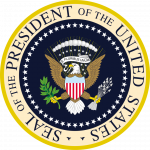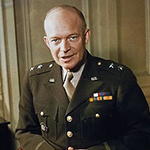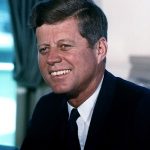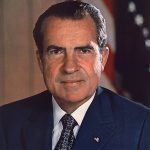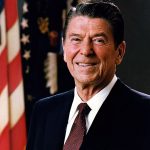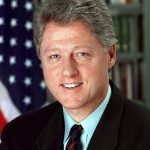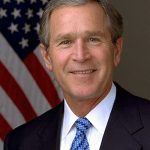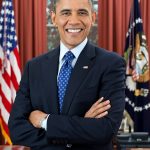People
Quick Jump to Section:
Presidents of the United States
Pre-Revolution Period 1490 – 1769
(Dec. 1561 - Aug. 1617)
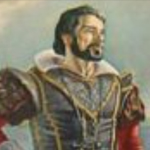
He is best known as the captain of the Susan Constant, the largest of three ships which carried settlers for the Virginia Company in 1607 on the way to found the settlement at Jamestown in the Virginia Colony,
(1585 - 1622)
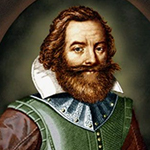
One of the early English settlers of North America. He is credited with the first successful cultivation of tobacco as an export crop in the Colony of Virginia.
(approx. 1596 - Mar. 1617)
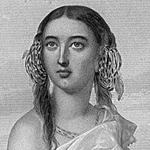
A Native American woman notable for her association with the colonial settlement at Jamestown, Virginia. She was the daughter of Powhatan, the paramount chief of the Tidewater region of Virginia.
(Oct. 31, 1451 - May 20, 1506)
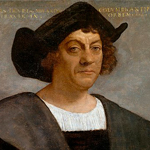
The man who is credited for discovering the Americas, his landing place was an island in the Bahamas, and he made the first European contact with the Caribbean, Central America, and South America.
(1474 - July 1521)
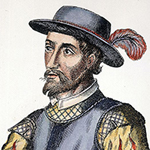
Spanish explorer and conquistador known for leading the first official European expedition to Florida and serving as the first governor of Puerto Rico.
(1540 - Jan. 28, 1596)
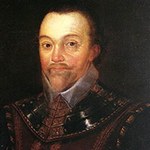
Drake is most famously known for his circumnavigation of the world in a single expedition, from 1577 to 1580. He claimed what is now California for the English
Revolution Period 1770 – 1819
(Feb. 22, 1732 - Dec.14, 1799 )
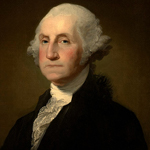
What else can be said — Father of our Country (United States). The leader of the American Revolution, a mediocre General but an incredible leader and patriot.
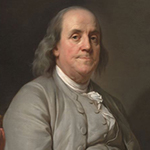
The Great American – inventor, printer, scientist, ambassador and writer. He was the most famous man in the world in his time.
(Apr. 13, 1743 - July 4, 1826)
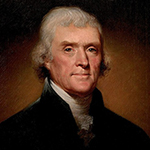
The third President of the United States and principle writer of the Declaration of Independence. Founder of University of Virginia and secured the Louisiana Purchase.
Compromise and Westward Expansion Period 1820 – 1859
(Apr. 28, 1758 - Jul. 4, 1831)
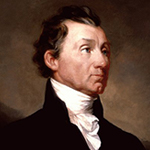
5th President of the U.S., former Secretary of State who helped broker the Louisiana Purchase and as President created the Monroe Doctrine, which set the stage for US foreign policy.
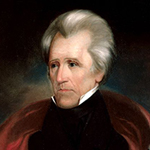
Seventh President of the United States, famous General in the War of 1812 and father of the modern Democratic party. Arguably one of the most controversial Presidents in history.
(Apr. 12, 1777 - Jun. 29, 1852)
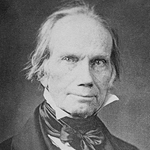
Clay was called ‘the Great Compromiser’ because he played a major role in formulating the three landmark compromises of his day: the Missouri Compromise of 1820, the Tariff Compromise of 1833, and the Compromise of 1850.
Civil War and Reconstruction Period 1860 – 1879
(Feb. 12, 1809 - Apr. 15, 1865)
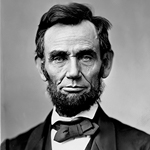
The man who kept the country together and writer of the Emancipation Proclamation.
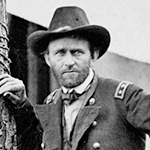
The Great General, won the Civil War and future President
(Jan. 19, 1807 - Oct. 12, 1870)
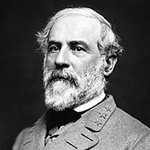
Commander of the Confederate States Army during the American Civil War.
American Invents and Immigration Period 1880 – 1899
(March 18, 1837 - June 24, 1908)
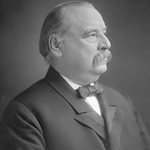
The 22nd and 24th President of the US. The only President to server 2 non-consecutive terms.
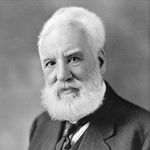
Invented and patented the first working telephone and co-founded AT&T. Also credited with inventing an electrical bullet probe, an early version of the metal detector, for surgical use.
(Feb. 11, 1847 - Oct. 18, 1931)
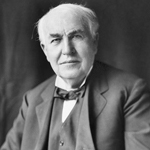
Describe as America’s greatest inventor, he is credited with inventing the phonograph, the motion picture camera, and early versions of the electric light bulb.
The Age of Flight and World War 1 Period 1900 – 1919
(Dec. 28, 1856 - Feb. 3, 1924)
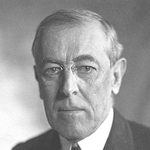
28th President of the U.S. and President during WWI. Instrumental in progressive programs and laws such as the Federal Income tax and Federal Trade Trade Commission Act. Also instrumental in the League of Nations.
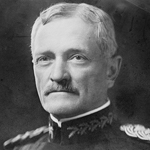
General of the Armies and United States Army officer. He served most famously as the commander of the American Expeditionary Forces (AEF) on the Western Front in World War I, 1917–18. A huge influence on the US military even after his retirement.
(Orville: Aug. 19, 1871 -Jan. 30, 1948)
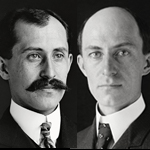
American inventors who are credited with inventing the first successful, motorized airplane. They also invented aircraft controls which made fixed-wing powered flight possible.
Prosperity then the Great Depression 1920 – 1939
(Nov. 2, 1865 - Aug. 2, 1923)
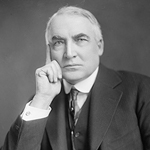
Harding was the 29th president of the United States from 1921 until his death in 1923. He was extremely popular until his death but a huge scandal, the Teapot Dome scandal remained after his death.
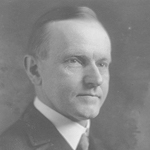
Became the 30th President of the United States after the death of Harding. Coolidge restored public confidence in the White House after the scandals of his predecessor’s administration, and left office with considerable popularity.
(Feb. 4, 1902 - Aug. 26, 1974)
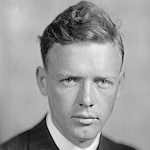
At the age of 25 in 1927, he went from obscurity as a U.S. Air Mail pilot to instantaneous world fame by winning the Orteig Prize for making a nonstop flight from New York City to Paris in his plane the Spirit of St. Louis.
World War 2 Period 1940 – 1949
(Jan. 30, 1882 - Apr. 12, 1945 )
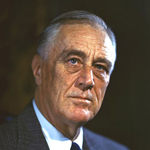
32nd President of the United States. He was elected 4 times and lead the U.S. through the World War as well as the instituted the New Deal during the depression.
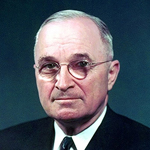
33rd President of the United States became president in 1945 when FDR dies in office. He made the decision to drop the world’s first Atomic bomb, forcing the surrender of Japan and ending WW2.
(Dec. 31, 1880 - Oct. 16, 1959)
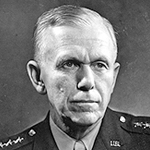
As Chief of Staff, Marshall organized the largest military expansion in U.S. history, and received promotion to five-star rank as General of the Army. Marshall coordinated Allied operations in Europe and the Pacific until the end of the war.


